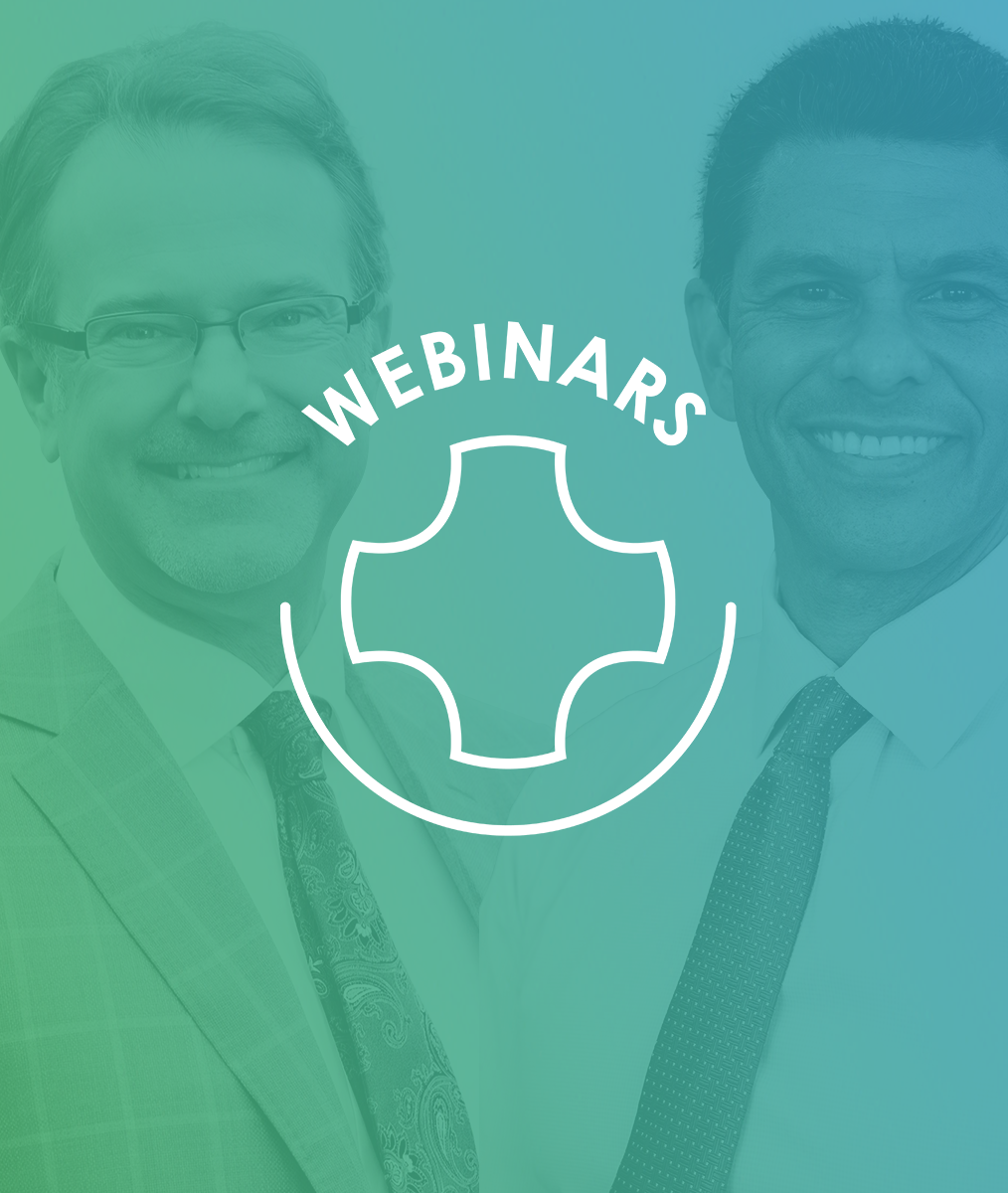Trust Is Essential to Helping Our Patients
Paul H. Henny, DDS
Trust is commonly thought of as a firm belief in the reliability, truthfulness, and capability of another. But trust is about vulnerability .
The more a person trusts, the more they are willing to allow themselves to be potentially hurt. They make a risks-benefit analysis, and when they feel they are ready, they decide to throw the dice.
Conversely, when a person isn’t willing to trust, they have strategically chosen to minimize their vulnerability.
Think about the times when you were personally unwilling to let someone into your life—when you were feeling too vulnerable.
It’s easy for us to project our values without sensitivity to others’ often hidden concerns. When a patient says no to x-rays, to allowing us to proceed with a proper restoration, or other appropriate procedures, they don’t trust us enough right now. And when that occurs, it’s easy for us to instinctively respond by projecting our values onto the situation.
A better strategy is to empathetically explore why a person responded to the situation the way they did—try to understand the situation from their perspective, and then focus on finding common ground in shared goals and values. Hopefully, with the right questions and empathy, we can build a bridge of trust and help our patients cross over to a place of more information on which to make the appropriate decisions for themselves.
“No” often means “not yet,” as in “You haven’t convinced me yet that I should allow myself to be that vulnerable around you.”
Co-Discovery requires a leap of faith on our part—a belief that most people will eventually do the right things for themselves. If we are unable to trust our patients on that level, then we’re going to struggle emotionally, demonstrate frustration, and to some extent inadvertently manipulate patients into doing what we want them to, a behavior that drives emotionally sensitive patients away.
We need to trust our patients will make the leap as well. We need to willingly take the time and energy to continue in and trust the Co-Discovery process during which the patient starts to believe that we are the best resource to help resolve their problems and achieve their goals. When we allow our patients the time to make decisions based on what they think is in their best interest, they usually make healthy choices and appreciate the services we provide. This is how we succeed in helping them (and us) have a healthier, happier life.
For an in-depth look at Co-Discovery and multiple essays on patient-centered dentistry, you are invited to read my recently published book: CoDiscovery: Exploring the Legacy of Robert F. Barkley, DDS, available at The Pankey Institute and on Amazon.
Related Course
The Intentional Hygiene Exam
DATE: September 5 2024 @ 8:00 pm - September 5 2024 @ 9:00 pmLocation: Online
CE HOURS: 1
Date: September 5, 2024 Time: 8 – 9 pm ET Speakers: Michael Rogers DDS & David Gordon DDS Description: Is your hygiene program an interruption to your day? Or is…
Learn More>









